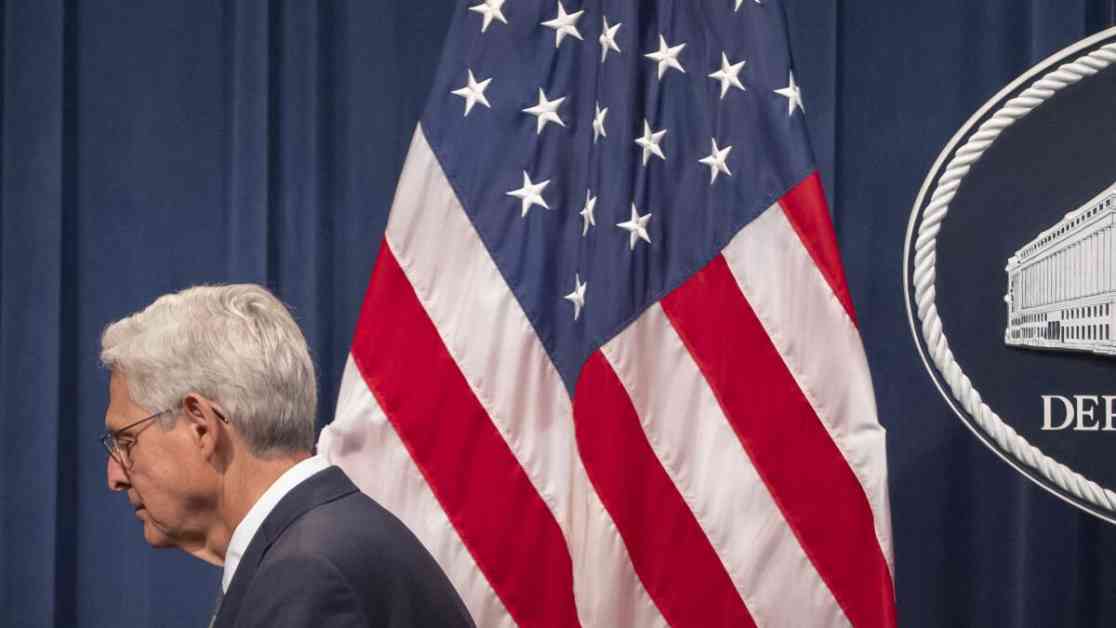Is Merrick Garland the Savior or Doomsayer for the DOJ?
Merrick Garland, once touted as the perfect human being by legal experts, faced a challenging tenure as the Attorney General of the United States. His journey from a potential Supreme Court justice to the head of the Justice Department was marred by political dilemmas and the weight of holding the powerful accountable. Let’s delve into the complexities of Garland’s term and the impact on the Department of Justice.
The Tragic Transformation of Merrick Garland
In 2016, Merrick Garland received high praise from the American Bar Association, setting high expectations for his judicial career. However, his path took a different turn as Senate Majority Leader Mitch McConnell’s Republican blockade thwarted his Supreme Court nomination. Garland’s tenure as Attorney General was marked by a struggle to balance the department’s independence and integrity with the need for accountability.
Garland’s cautious approach, judicial temperament, and aversion to politics, qualities once lauded by experts, became hindrances in the face of mounting pressure to investigate Donald Trump’s post-election subversions. The Attorney General’s reluctance to pursue Trump for his role in the events of January 6, 2021, stemmed from a fear of appearing politically motivated. This dilemma underscored the complexities of navigating the intersection of justice and politics in a polarized landscape.
The Battle for Accountability
Despite Garland’s efforts to uphold post-Watergate norms and restore the Department of Justice’s integrity, challenges persisted. Trump’s legal maneuverings and the specter of presidential immunity prolonged the pursuit of justice. Garland’s decision-making drew criticism from both sides of the political spectrum, underscoring the delicate balance he sought to maintain.
As the nation grappled with the aftermath of January 6 and the implications for Trump’s accountability, Garland faced mounting pressure to take decisive action. The appointment of special counsel Jack Smith and subsequent indictments marked a turning point in the pursuit of justice. However, legal challenges and political considerations continued to shape the trajectory of the investigations.
Reflections on Garland’s Legacy
As Merrick Garland’s term as Attorney General draws to a close, reflections on his legacy prompt a nuanced assessment of his tenure. The complexities of navigating political pressures, legal challenges, and the pursuit of accountability underscore the inherent tensions within the justice system.
Despite the criticisms and challenges faced by Garland, his commitment to upholding the rule of law and the principles of justice remains a defining aspect of his legacy. As the nation grapples with the aftermath of a turbulent political era, the role of institutions like the Department of Justice in upholding democracy and accountability comes into sharp focus.
In the end, the legacy of Merrick Garland as Attorney General reflects the intricate dance between politics and justice, highlighting the enduring challenges of navigating the complexities of the legal system in a polarized society. As Garland’s term concludes, the lessons learned from his tenure serve as a reminder of the ongoing quest for justice and accountability in a democratic society.



























